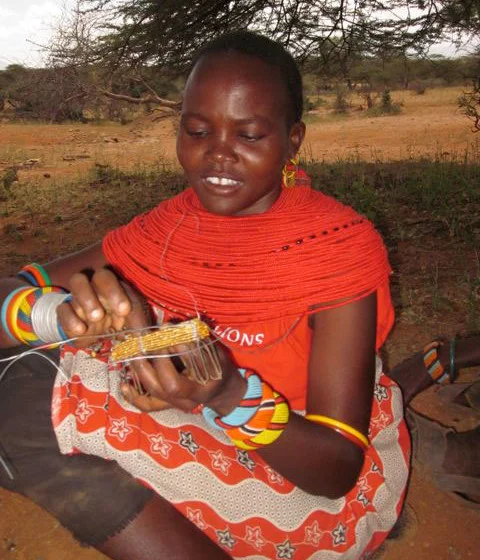I want to update you on Losing the Elephants as a lot has happened!
It has has been a wrenching experience, one moment total agony, disbelief, the next joy.
I spent 2 weeks with the Swell Pictures crew in November filming the second part, the rescue of an elephant at the Surin Elephant Roundup with Lek. The people of Surin were traditionally excellent at capturing elephants in Cambodia and then training them as working animals. Today it’s entertainment to make a living, reenactment of past century battles with drugged elephants, rides and selling. We arrived in Surin after an 18hour drive. I felt a sense of foreboding. In the chaos of the elephant breakfast and rides an elephant lost it after being teased with food and attacked the woman who was hospitalized with a coma – don’t know the outcome. From there we went to the Army grounds where many elephants are being kept to look at one Lek hoped to buy, but she had died. We find another lady about 30 who has a broken leg from a logging accident in Burma, almost blind in one eye and then 5 years of begging on the streets of Bangkok. This is one of the most desperate scenes I have ever seen. Mahouts and families are living under tarpaulins surrounded by cooking fires, trash and filth. Poverty with elephants the only means of economic survival are brutally chained, some repeatedly throwing themselves on the ground in desperation. Stab wounds, malnutrition the norm, but we have found “Mae Bua Loi”- Floating Lotus – and the negotiations begin. The price $13,000 is agreed upon. She is going back to her village for a farewell ceremony.
We arrive at dusk the next evening. Lek joins the men sitting on the ground, the centerpiece a pig’s head on a platter with money and plenty of liquor for the goodbye ceremony and many spirits. We have had to rent a truck which is outfitted with tree trunks wrapped with blankets felled in the dark to keep her stable on the 20 hour trip back to the sanctuary. We leave about 8. Lek and I are sitting at her feet where fresh fruits – watermelon, mango, banana, jack fruit – are piled for her to munch on the 20 hour journey ahead. She towers over us, her eyes filled with fear, but she is calm. The next afternoon again sitting in the shadow of this magnificent creature we arrive at the Park. Everyone is waiting for us as we drive toward the river. She is unchained for the first time in how long and walks slowly with her new mahout to the river and then into the distance as the sun sets. Tears of joy abound!
The next morning the most incredible thing happens. Bua Loi is walking and munching on grass when out of the trees comes an elephant. They came together slowly with trunks outreached – much touching and feeling. They had lived together in the same village in Burma and had begged in Bangkok. They had not seen each other for 2 years!
As some of you know ‘Losing the Elephants’ premiered to a packed house at the 2008 Santa Barbara International Film Festival. It has gone on to be an official selection at a number of other prestigious festivals including Telluride Mountain Film and its traveling festival which will bring it to audiences worldwide. National Geographic Television chose it to be a part their series ‘Wild Chronicles’ and as a result, a condensed version of the film has been seen by PBS audiences nationwide.
The expected delivery of the re edited film in its full broadcast hour is this summer which will allow ample time to get the film out to the 2009 film festivals including the Jackson Hole Wildlife Film Festival. In addition the film will be presented to broadcast outlets, including National Geographic Television and the Discovery Channel. Thank you all so much for being a part of this incredible project.


